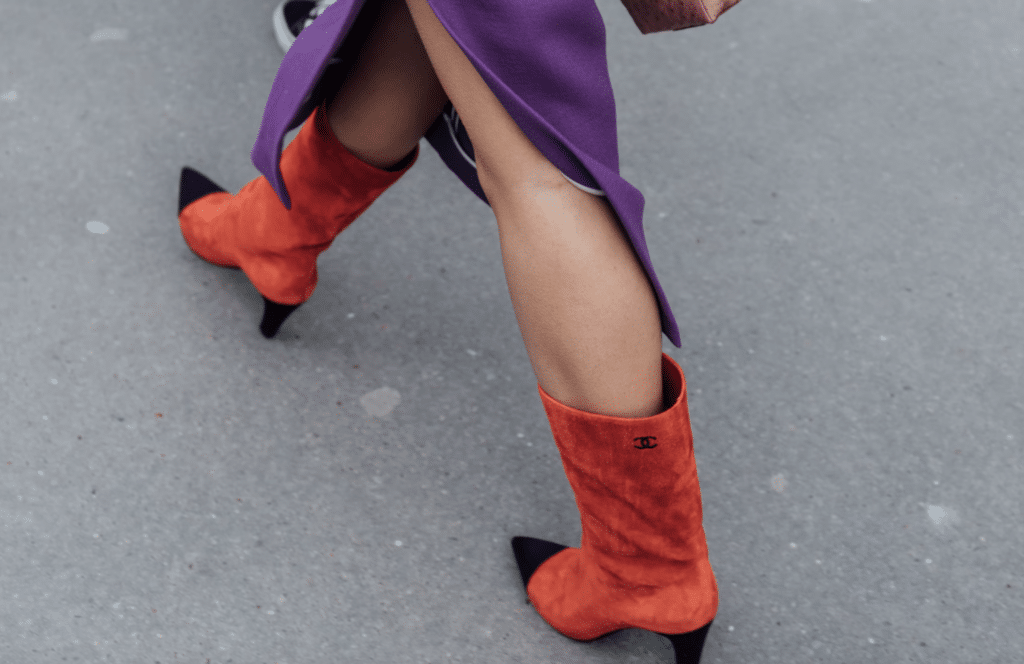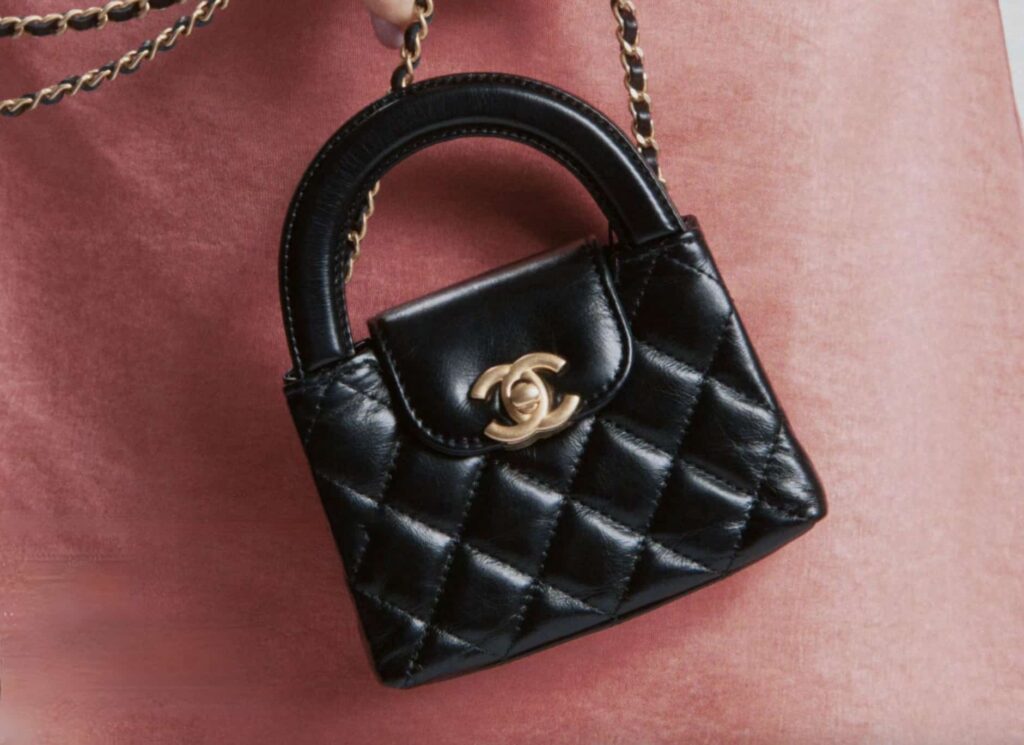Louis Vuitton officially opened a 100,000-square-foot factory in rural Texas this week, adding yet another non-French outpost to its manufacturing fleet. The goal of the Paris-based brand’s newest factory is straightforward: in its own words, the new manufacturing hub will help Louis Vuitton “to meet the ever-growing demand for Louis Vuitton products in America.” As the Wall Street Journal put it, the new factory is part of Louis Vuitton’s larger strategy of “selling luxury goods to the masses without lowering prices.”
Hardly an unheard of move, the Johnson County, Texas factory is Louis Vuitton’s third in the United States to date. Two outposts in San Dimas and Irwin, California have enabled Louis Vuitton to make “approximately half the bags” it has sold in the U.S. over the past 30 years on domestic soil, the New York Times’ Vanessa Friedman reported on Friday.
While not unchartered territory, the opening of the Texas factory comes at an interesting time, nonetheless. The largest luxury brand in the world, Louis Vuitton earns the vast majority of its income from its leather goods offerings, and given that the U.S. is the largest luxury market in the world (at least for now), Louis Vuitton’s latest American endeavor gives it the ability to “hedge against the risk of trade disputes between the U.S. and European Union” under the watch of President Donald Trump.
More than that, as demand for Louis Vuitton’s leather goods continues to increase – growth for its Fashion & Leather Goods division was up 19 percent for the most recent quarter, thereby, remaining the group’s fastest-growing segment – the brand’s strategy depends on its ability to “streamline manufacturing and build an agile supply chain,” according to the Wall Street Journal, which is why it has been busy building factories both in its native France and internationally.
Last year, Louis Vuitton announced that the addition of two French factories – aimed at helping it “to meet the growing demand for its leather goods” – would enable it to cut production time on internal orders in half. “The expansion will enable store managers to react to sales trends and deliver handbags within a week of internal orders coming in. The current production time is two weeks,” Vogue reported at the time.
Just like their California-made cousins, the new bags coming out of Texas will be stamped with “Made in the USA” tags. However, there will be some differences in play. “Unlike Louis Vuitton products from France,” the WSJ stated in a lengthy article on Thursday, “the Texas bags won’t be produced by ‘petites mains,’ the French artisans at the center of the brand’s history and mystique.” Instead, Louis Vuitton has been busy “recruiting and training employees locally,” with hourly pay starting at $13. It currently employs 150 people, and plans to boost that number to 500 after it opens another factory on the same property, further bolstering its ability to churn out bags and other leather goods.
Despite the benefits that come with its new Texas outfit, it has not been smooth sailing since Louis Vuitton first set up a temporary factories in Texas in 2017. In fact, given that claims of “sweatshop” conditions and at least one the Texas Workplace Commission complaint are in the mix, it is safe to say that Louis Vuitton’s Texan endeavor has gotten off to a rough start.
Early hires told the WSJ’s Matthew Dalton that they “worked through sweltering heat without air conditioning, surrounded by a chain-link fence.” One former employee “filed a complaint with the Texas Workplace Commission alleging the lack of air conditioning and other working conditions were a form of discrimination against the Hispanic and female workforce.”
Louis Vuitton refused to comment on the working conditions or the pending complaint, but did reveal that it appointed Sébastien Bernard-Granger to “oversee manufacturing in Texas and ensure the facilities, including the new plant, met French standards,” and according to “some of the former employees, working conditions improved [after] the brand moved into the permanent plant.”
Bloomberg’s Robert Williams reported on Thursday that the factory opening is a demonstration of LCMH “following through on a pledge to create more U.S. manufacturing jobs, part of plan by Bernard Arnault, chairman of the French luxury conglomerate, to hedge against trade tensions and build on the rapport he’s established with President Donald Trump.”
The President and his daughter Ivanka took part in a ribbon-cutting ceremony, alongside Arnault, his son Alexandre (who is the co-CEO of LVMH-owned luggage brand Rimowa), and Louis Vuitton CEO Michael Burke, in Johnson County, Texas on Thursday. The enduring ties between Trump and Arnault are curious, leaving “businesspeople picking their way through a minefield of moral questions,” according to Washington Post’s fashion critic Robin Givhan.
In a conversation with reporters on Thursday, Arnault made his view on the matter clear: “I am not here to judge his types of policies,” he said, speaking of Trump. “I have no political role. I am a business person. I try to tell him what I think for the success of the economy of the country, and the success of what we are doing.”
In short: for LVMH – which is trudging ahead and abroad and “increasingly letting industrial logic and geopolitics govern supply-chain decisions,” per Dalton, while competitors, “such as Gucci, Hermès and Chanel have kept most [of their] production in Italy and France” – this is just business. And considering that LVMH’s Fashion & Leather Goods division, alone, brought in $15.8 billion in sales in the first 9 months of the year– with the group as a whole reporting revenues of $42.14 billion for the same period, it is big business.
But as Givhan dared (in spite of Louis Vuitton’s sheer power as an advertising giant) to ponder aloud: can there really be “neutral ground when the players are a president who has made women in general, along with immigrants and members of the LGBTQ community, feel as though they are under siege, and a billionaire mogul who reaps tremendous profits from those very people?”











